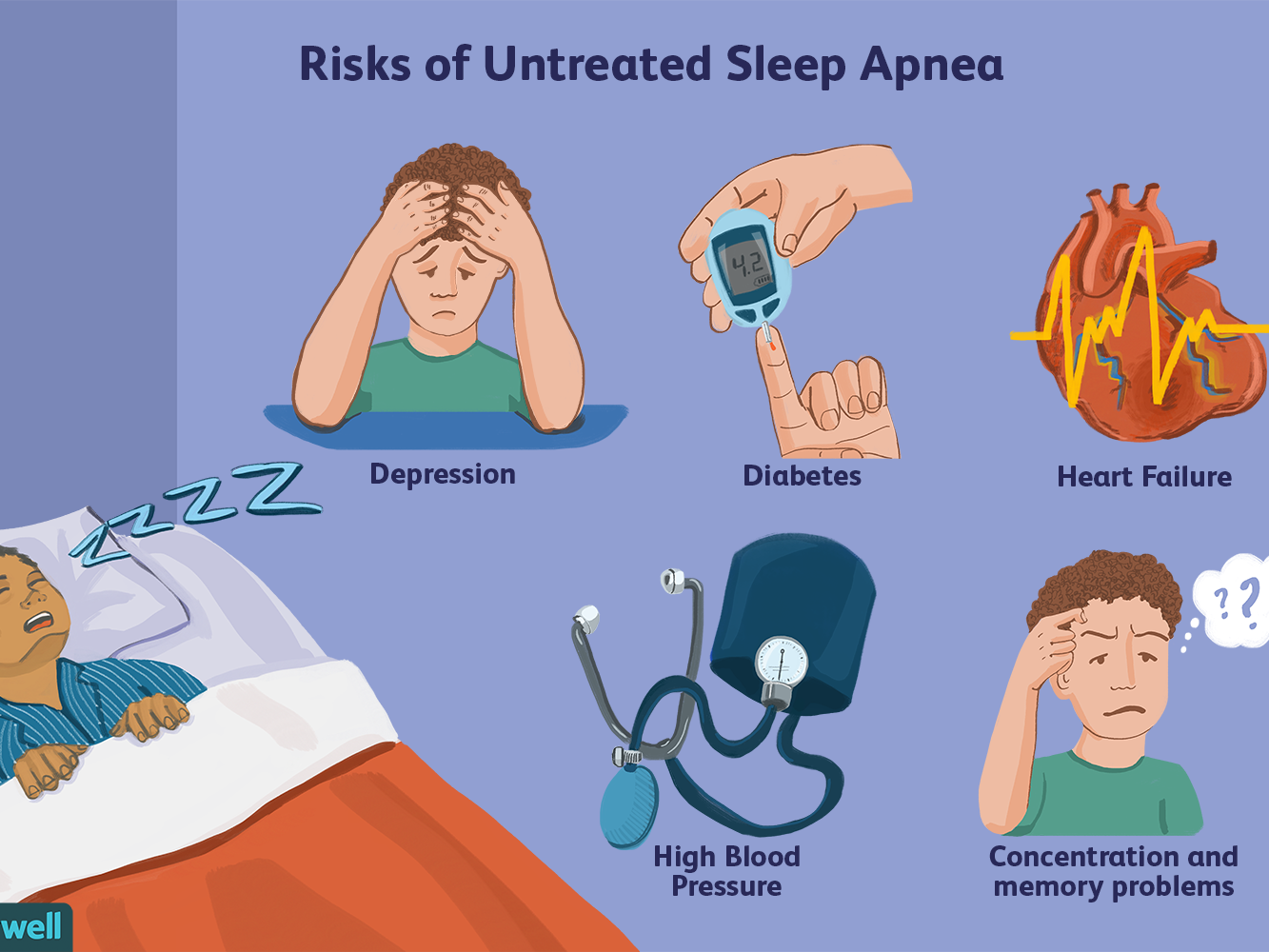It is a common belief that sleep apnea is simply a condition that disrupts one’s sleep patterns. However, recent studies have shown that sleep apnea could potentially lead to more serious health issues, particularly heart attacks. Understanding the relationship between sleep apnea and heart attacks is crucial in order to prevent potential complications.
Signs of Sleep Apnea
Sleep apnea is characterized by pauses in breathing or shallow breathing during sleep. While snoring is a common symptom of sleep apnea, there are other signs to watch out for. These include daytime fatigue, morning headaches, irritability, and difficulty concentrating. If left untreated, sleep apnea can have detrimental effects on one’s overall health.
Impact on Cardiovascular Health
Research has shown a strong correlation between sleep apnea and an increased risk of heart attacks. The repeated pauses in breathing that occur during sleep apnea can lead to a decrease in oxygen levels in the blood, putting a strain on the heart. Over time, this can increase the risk of developing cardiovascular problems, including hypertension, heart disease, and strokes.
Role of Inflammation
One of the key mechanisms through which sleep apnea contributes to heart attacks is inflammation. The interrupted breathing patterns associated with sleep apnea can trigger an inflammatory response in the body. Chronic inflammation is a known risk factor for heart disease, as it can lead to the buildup of plaque in the arteries and increase the likelihood of blood clots.
Importance of Treatment
Given the potential impact of sleep apnea on heart health, it is essential to seek treatment for this condition. Continuous positive airway pressure (CPAP) therapy is a common treatment option for sleep apnea. By using a CPAP machine during sleep, individuals can keep their airways open and ensure proper breathing patterns, reducing the risk of complications such as heart attacks.
Conclusion
In conclusion, sleep apnea is not just a sleep disorder but a serious health condition that can have far-reaching consequences, including an increased risk of heart attacks. Being vigilant about the signs of sleep apnea and seeking timely treatment can help mitigate these risks and safeguard one’s cardiovascular health. By raising awareness about the link between sleep apnea and heart attacks, we can empower individuals to take proactive steps towards better sleep and overall well-being.

